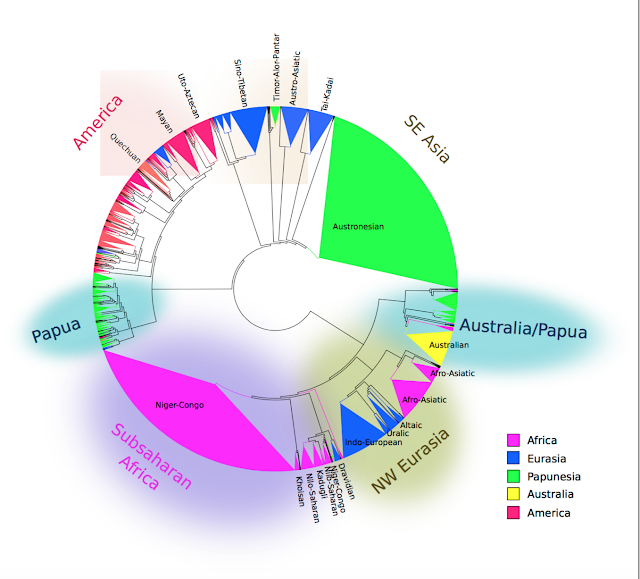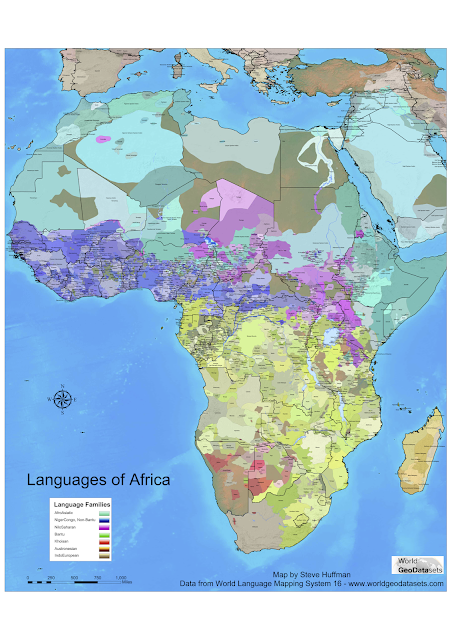Come join #lingwiki 2! Living in ACT? Even better!
Interested in improving articles on linguistics on wikipedia? Join in a collaborative editing session sometime during 28-29th of March. It doesn't matter where you are, you can participate online or at one of the meet-ups that will be happening. If you're a linguist living in the ACT area in Australia and want to edit together on Saturday the 28th, get in touch with Hedvig by filling in this form right here!
Don’t know how to edit Wikipedia, don’t know what to write? Don't worry, there will be instructional material provided and suggested topics. If you go to a meet-up you'll get even more help.
Wikipedia is often the first go-to place for an overview of a topic, and as such it is what represents our field to the public, other researchers, other students and also potential future students. Wikipedia is a collaborative enterprise, it is what we make it.
Don’t worry about writing the one and only comprehensive article on one topic that you are an expert in, this is mainly about improving faults and contributing basic knowledge to the public. By adding information from glottolog, omniglot, glottopedia, ethnologue, WALS or making use of other resources available to us we can already improve many articles significantly. And don’t forget the articles on linguists and linguistic terms. Basically, you have skills as a linguist or linguistics student that is very useful, even if you don’t know everything about everything.
Don’t know how to edit Wikipedia, don’t know what to write? Don't worry, there will be instructional material provided and suggested topics. If you go to a meet-up you'll get even more help.
Wikipedia is often the first go-to place for an overview of a topic, and as such it is what represents our field to the public, other researchers, other students and also potential future students. Wikipedia is a collaborative enterprise, it is what we make it.
There are many surprisingly good articles on topics on linguistics on wikipedia, but many are also lacking severely. Either they don’t exist or they are labeled as “stubs”. Stubs are non-complete articles and they can be lacking in different ways. In these sessions we're mainly targeting linguistics stubs (underdeveloped articles), under-documented languages and biographies of important linguists (in particular women and people of minority background). But you’re welcome to work on any part of wikipedia that interests you. Go have a browse on the wikiprojectpage for linguistics for more info.
This is all on the initative of Grectchen McCulloch of the blog Allthingslinguistic. Lexicon Valley and of McGill University (Canada). You can read Gretchen's report on the last lingwiki here and some info about on the Humans Who Read Grammars-blog here. The local event in ACT is being organised by Hedvig Skirgård.
In order to connect with others around the world who are participating we’ll be using the #lingwiki hashtag on twitter and elsewhere. So if you want to comment about what you’re doing or just spread the news use that tag. Regardless of whether you'll be active on the hashtag, check out the how-to slides here and make sure to fill out the survey afterwards at some point over the weekend so that your edits can get added to the summary list.
Wikipedia articles have certain rules and conditions and there are other editors and bots (automated programs) that go will go through and check your edits. Make sure to keep a bit of an eye on the articles you’ve worked on some time after just in case someone responds to your edits. Often there's an easy fix - don't worry.



Comments
Post a Comment